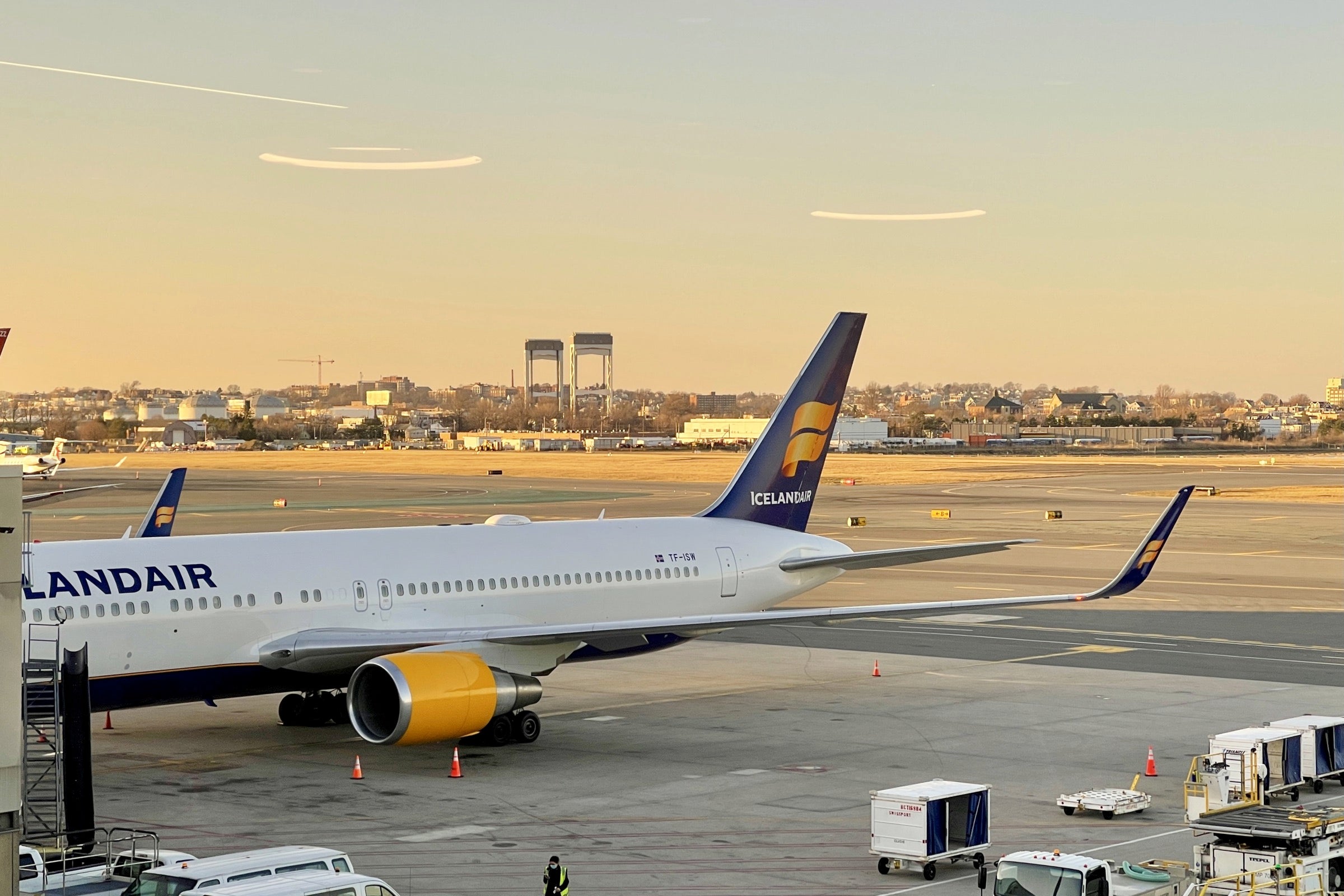What to know about vaccinated Americans visiting the European Union this summer
Americans now have another great incentive to lock in their COVID-19 vaccine. While many details still have yet to be finalized, the European Union is expected to welcome vaccinated American tourists this summer.
European Commission president Ursula von der Leyen has been among the EU leaders pushing for a safe reopening — in a Monday May 3 morning Twitter post, she shared a proposal "to welcome again vaccinated visitors & those from countries with a good health situation."
Of course, the United States almost certainly wouldn't make any list of "countries with a good health situation." While numbers have dropped significantly from our winter peak, over the past seven days, the U.S. has averaged well over 50,000 new daily COVID-19 cases.
Any U.S. passport holders entering the EU would likely need to present a COVID-19 vaccination certificate. In a press release, the European Commission stated:
"The Commission proposes to allow entry to the EU for non-essential reasons not only for all persons coming from countries with a good epidemiological situation but also all people who have received the last recommended dose of an EU-authorised vaccine. This could be extended to vaccines having completed the WHO emergency use listing process."
Member countries would be likely to accept vaccinations from Johnson & Johnson, Moderna and Pfizer, since all three have been approved for use in the EU.
The EU is also warning, however, that countries could implement restrictions quickly if new outbreaks sprang up in order to limit the spread of new COVID-19 variants. That could impact vaccinated travelers as well. As the Commission explained:
"The emergence of coronavirus variants of concern calls for continued vigilance. Therefore as counter-balance, the Commission proposes a new 'emergency brake' mechanism, to be coordinated at EU level and which would limit the risk of such variants entering the EU. This will allow Member States to act quickly and temporarily limit to a strict minimum all travel from affected countries for the time needed to put in place appropriate sanitary measures."
Eventually, travelers will most likely be able to enter by displaying a "Digital Green Certificate," as proposed by the EU. In the meantime, however, the European Commission recommends that authorities accept certificates issued outside of the EU, assuming they're deemed authentic.

One of the biggest questions around EU travel has been how the region will handle children, who aren't yet eligible for a vaccine in the U.S. According to the Commission:
"Children who are excluded from vaccination should be able to travel with their vaccinated parents if they have a negative PCR COVID-19 test taken at the earliest 72 hours before arrival area. In these cases, Member States could require additional testing after arrival."
The European Commission will be meeting this Tuesday and Wednesday to discuss next steps, though a reopening timeline has yet to be announced.

EU countries may decide to welcome tourists on their own, of course — Greece, for one, has reopened to Americans who can present a valid vaccination certificate or a negative COVID-19 PCR test result captured 72 hours prior to arrival.
While not yet open to American tourists, France is expected to allow some U.S. visitors to enter as early as this month, though details have yet to be finalized there.
Other European countries have already eased border restrictions, including Iceland, which is now open to vaccinated Americans, along with travelers who have recovered from a previous COVID-19 infection.
For a closer look at international travel, see our guide on where you can go once you've been vaccinated.
TPG featured card
at Capital One's secure site
Terms & restrictions apply. See rates & fees.
| 5X miles | Earn 5X miles on hotels, vacation rentals and rental cars booked through Capital One Travel |
| 2X miles | Earn unlimited 2X miles on every purchase, every day |
Pros
- Stellar welcome offer of 75,000 miles after spending $4,000 on purchases in the first three months from account opening. Plus, a $250 Capital One Travel credit to use in your first cardholder year upon account opening.
- You'll earn 2 miles per dollar on every purchase, which means you won't have to worry about memorizing bonus categories
- Rewards are versatile and can be redeemed for a statement credit or transferred to Capital One’s transfer partners
Cons
- Highest bonus-earning categories only on travel booked via Capital One Travel
- LIMITED-TIME OFFER: Enjoy $250 to use on Capital One Travel in your first cardholder year, plus earn 75,000 bonus miles once you spend $4,000 on purchases within the first 3 months from account opening - that’s equal to $1,000 in travel
- Earn unlimited 2X miles on every purchase, every day
- Earn 5X miles on hotels, vacation rentals and rental cars booked through Capital One Travel
- Miles won't expire for the life of the account and there's no limit to how many you can earn
- Receive up to a $120 credit for Global Entry or TSA PreCheck®
- Use your miles to get reimbursed for any travel purchase—or redeem by booking a trip through Capital One Travel
- Enjoy a $50 experience credit and other premium benefits with every hotel and vacation rental booked from the Lifestyle Collection
- Transfer your miles to your choice of 15+ travel loyalty programs
- Top rated mobile app


